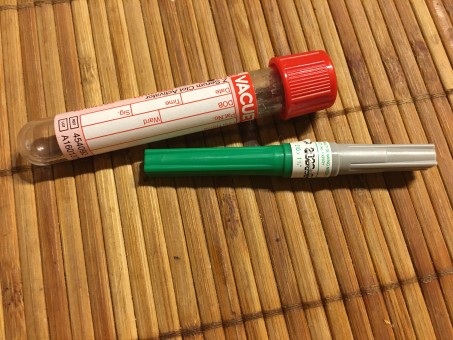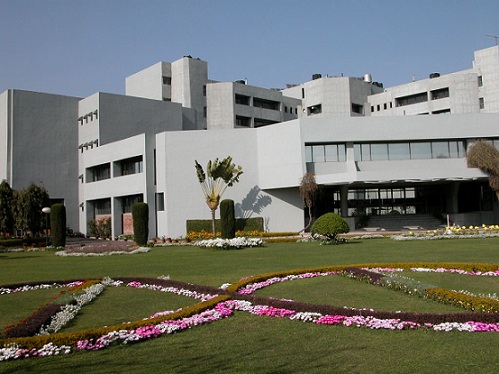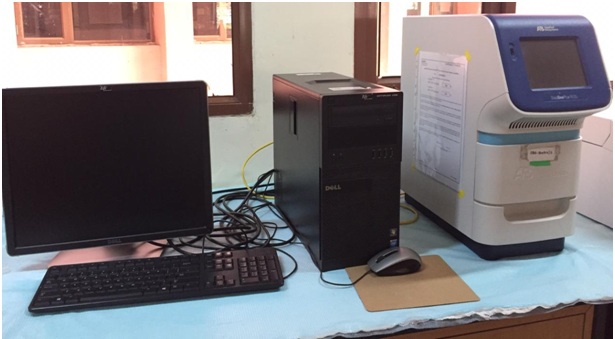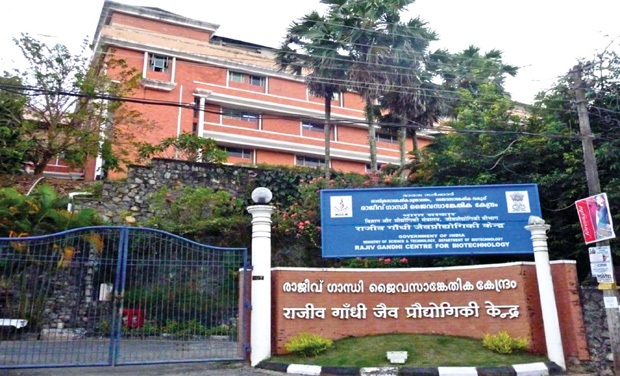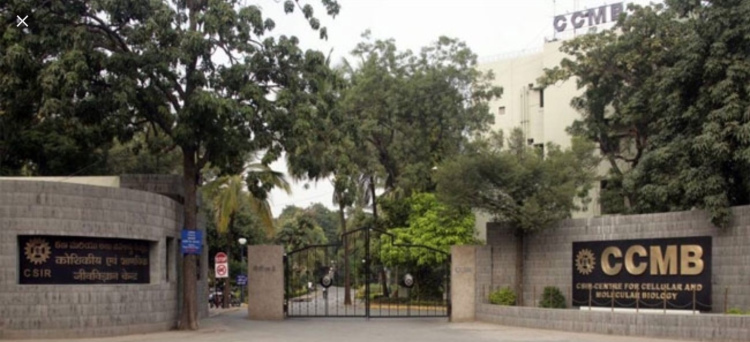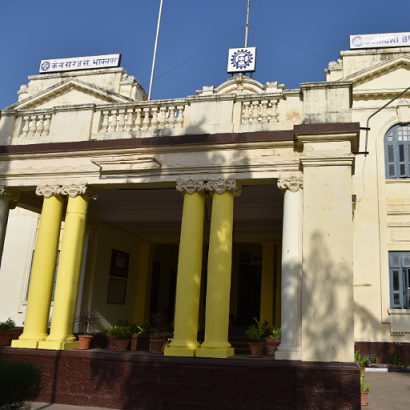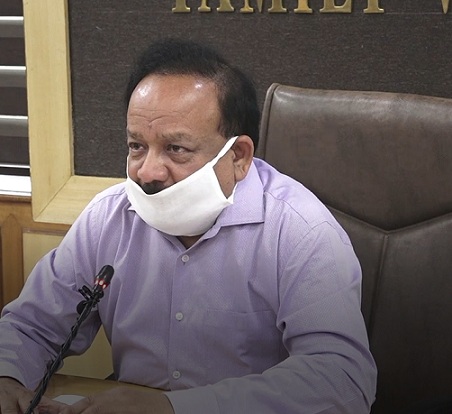
Climate change is threatening the environment, glaciers and crops; a warming climate threatens crop diversity. It is important to maintain crop diversity in an agriculture-based country like India. This can be maintained by the 'Seeds for Needs' approach that is combining farmers' knowledge of resilient crops with 'elite' varieties identified by scientists.
Here the scientists have urged the importance of combining the knowledge harbored by farmers of diverse crop varieties which is often overlooked by scientists with high-tech breeding done in laboratories. The research team has argued that the farmers' knowledge and high-tech breeding to improve crops can be effectively combined to unlock more resilient and nutritious food supplies in the face of climate threats. According to the research team involving farmers in crop improvement enhances the chance that new varieties will be adopted, making crop improvement more efficient.
"Modern breeding under a microscope in the lab can speed up the breeding of 'elite' varieties able to provide significant yield increase," says Carlo Fadda, a co-author from the Alliance of Bioversity and International Center for Tropical Agriculture, Italy. "But are those varieties and traits most important to farmers? Do they plant them? On the other hand, traditional varieties can better withstand changing climatic conditions, but are these varieties high-yielding enough?" he said.
This ‘Seeds for Needs’ approach has first been trailed in Ethiopia to speed up durum wheat breeding, and it has yielded surprising results. When scientists took a selection of elite and traditional durum wheat varieties obtained from Ethiopia Biodiversity Institute (EBI) to farmers to get their feedback, traditional varieties outperformed elite ones, producing double the average national durum wheat yield while also resistant to major diseases.
" Modern breeding under a microscope in the lab can speed up the breeding of 'elite' varieties able to provide significant yield increase,"
"Rather than mass-producing seed to cope in a broad range of conditions, we need to find varieties for local contexts to maximize yields at each site," says Fadda. He told "Traditionally, farmers grow a portfolio of crops to withstand different conditions and make different products. Some will plant wheat for bread, for local-brewed beer, for injera - the local flatbread - to minimize their risk."
The 'Seeds for Needs' approach further integrates scientific rigor and cutting-edge breeding to fast-track climate-resilient traits and crop varieties. Combined with farmer selection of varieties, which can cope in field conditions, the result is a better-adapted food supply, more resilient to the impacts of the impending climate crisis, say authors.
"Climate change is a shifting target, and to address it we need a dynamic process," says Fadda. "This approach provides a constant injection of new material adapted to a broader set of conditions within one locality. With this approach, as climate change advances, there will always be well-adapted crop varieties for local conditions, bringing together high tech approaches and traditional knowledge."
With the advent of digital tools, the researchers say farmer 'citizen scientists' can provide adequate, reliable information identifying varieties with superior traits tolerant to climate-induced stress. Research conducted with farmers in Ethiopia, Honduras, and India shows they are keen to be part of trials, to contribute to research or in exchange for advice.
“This is a very relevant approach in the Indian context also. Contingent plannings are prescription based and when the time comes the seeds are unavailable for the farmers. This approach will answer the questions like which seeds are made to be available where and in what quantity. As we have our own indigenous biodiversity, our farmers face monsoon delays and monsoon failures so Seed for Needs is the key to fight such problems and to maintain our biodiversity” said Dr M L Jat, Principal Scientist, International Maize and Wheat Improvement Center.
The study has been published in the journal Frontiers in Plant Science.
India Science Wire
ISW/JS/22/09/2020

